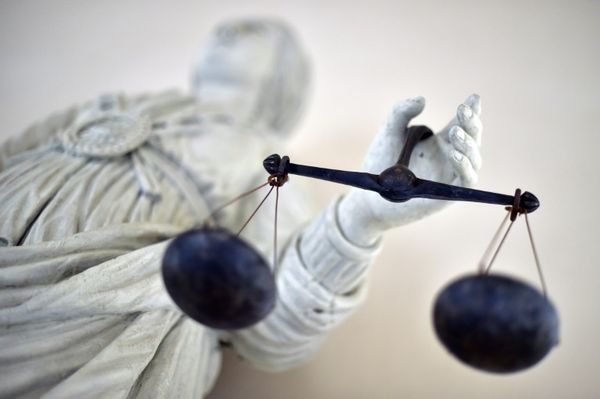
Paris (AFP) - Russia's anti-doping agency (RUSADA) has gone back on its decision to exonerate ice-skater Kamila Valieva for a doping violation by appealing against its own ruling, the Court of Arbitration for Sport announced on Friday.
RUSADA found in January that although the athlete, who was only 15 at the time, had committed an anti-doping rule violation (ADRV), she had committed "no fault or negligence".
The only sanction imposed was the cancellation of Valieva's results on the date the sample was taken -- December 25, 2021.
CAS revealed, however, that RUSADA as well as the World Anti-Doping Agency (WADA) and the International Skating Union (ISU) had appealed against that decision.
"RUSADA seeks a ruling from CAS setting aside the challenged decision and finding the athlete to have committed an ADRV...and sanctioned with 'the appropriate consequences' (which may include or be limited to a reprimand)," said CAS in a statement.
WADA said earlier this week that it was "concerned" when Valieva, now 16, was cleared in January.
The body has appealed the decision and called on CAS to impose a a four-year suspension while the ISU also appealed, asking the court to sanction her "with a period of ineligibility, to be determined at the discretion of CAS".
ISU also said that CAS should determine the final result of the team event at the Winter Olympics in Beijing last February.
Valieva became the first female skater to land a quadruple jump in Olympic competition, helping the Russian team secure gold in the team event.
It later emerged the 2022 European champion had tested positive before the Games for trimetazidine, a drug used to treat angina but which is banned for athletes because it can boost endurance.
The urine sample was taken from Valieva at the 2021 Russian National Figure Skating Championships.
The International Olympic Committee (IOC) allowed her to compete in the individual final in Beijing citing her young age but her tearful meltdown on the ice became the biggest story of the Games.







